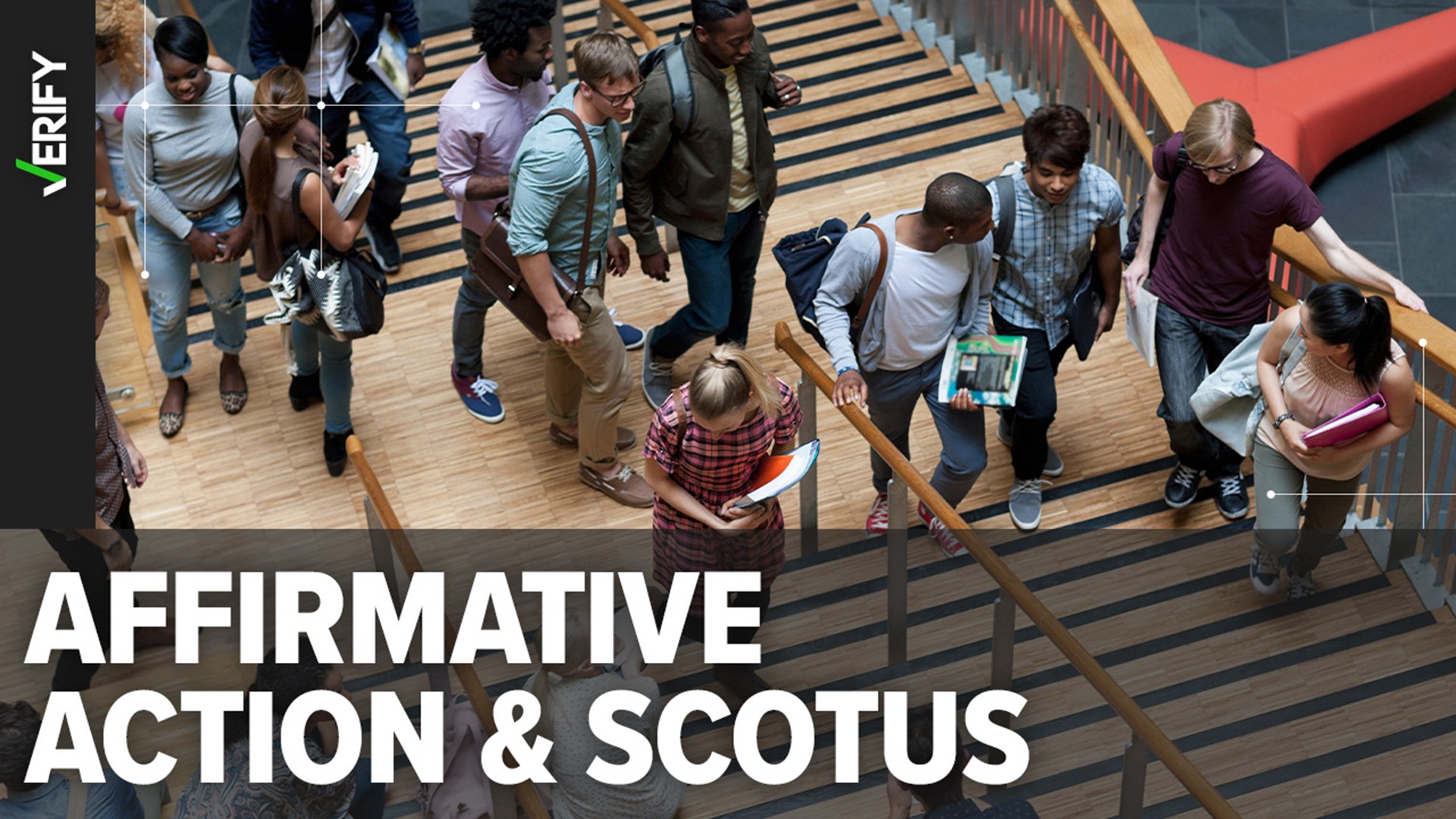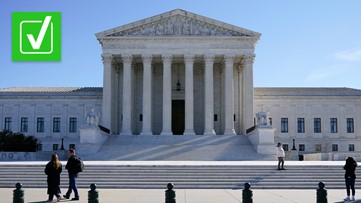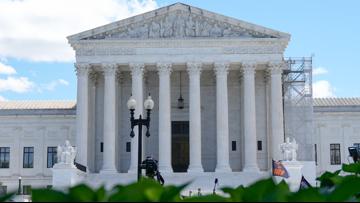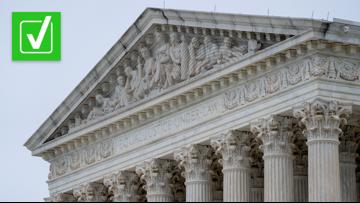The Supreme Court ruled in two cases that practicing race-based affirmative action in university admissions processes violated the Constitution and Title VI of the Civil Rights Act of 1964. The ruling says colleges and universities cannot use race as a factor in determining whether a student should be accepted or rejected.
A popular Google search since the Supreme Court’s decision asks if students are still allowed to mention race in their applications, and whether colleges have to ignore race entirely in the admissions process.
THE QUESTION
Are colleges now required to ignore all references to race in the admissions process?
THE SOURCES
Majority opinion in Students for Fair Admissions, Inc. v. President and Fellows of Harvard College
Students for Fair Admissions, Inc. v. University of North Carolina
Benjamin Barton, J.D., a Supreme Court expert who teaches at the University of Tennessee
Leelila Strogov, founder of AtomicMind, an organization that helps students with the college admissions process
THE ANSWER
No, colleges are not required to ignore all references to race in the admissions process.
WHAT WE FOUND
The Supreme Court’s decision in Students for Fair Admissions, Inc. v. President and Fellows of Harvard College and Students for Fair Admissions, Inc. v. University of North Carolina does not change what college applicants are allowed to do, meaning they can bring up race in their admissions essays.
What the ruling does say is that, while colleges can’t admit students based on race, they can make decisions about applicants based on their individual life experiences, which could include race.
In fact, Chief Justice John Roberts explicitly stated this in his majority opinion:
“Nothing in this opinion should be construed as prohibiting universities from considering an applicant’s discussion of how race affected his or her life, be it through discrimination, inspiration, or otherwise.”
So a student could write an application essay about how they’ve suffered from racial discrimination and how they’ve grown from that. The university is in turn allowed to read that essay and decide that it’s a good reason to accept that person into the university, says Ben Barton, J.D., a Supreme Court expert who teaches at the University of Tennessee.
Roberts went on to write: “In other words, the student must be treated based on his or her experiences as an individual—not on the basis of race.”
How schools will interpret this decision remains to be seen.
“If someone writes their essay about being discriminated against in a certain situation, and how it has impacted their lives, that story may be viewed as one that contributes to the diversity of the class beyond just racial diversity — that becomes diversity of experience,” said Leelila Strogov, founder of AtomicMind, an organization that helps students with the college admissions process. “So it’s just going to be categorized and bucketed a little bit differently, but I think they’re still going to be looking for those stories.”
Barton said there’s a chance this could lead to further legal challenges down the road, particularly if colleges favor applicants with essays that talk about their experiences with race.
But students shouldn’t let the possibility of future legal challenges affect how they handle college applications.
“Don’t be shy. Tell your story. Don't think that this is suddenly silencing you,” Strogov said. “I think this is a mandate to speak up and talk about what has made you you. Even if part of that is your racial identity.”












